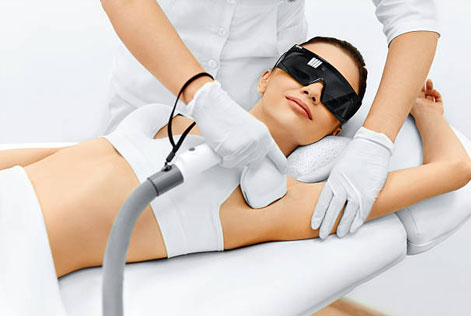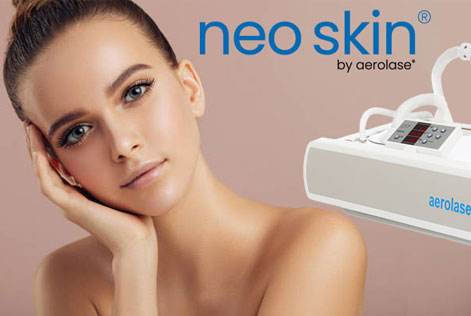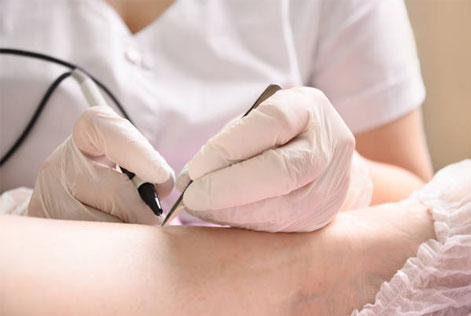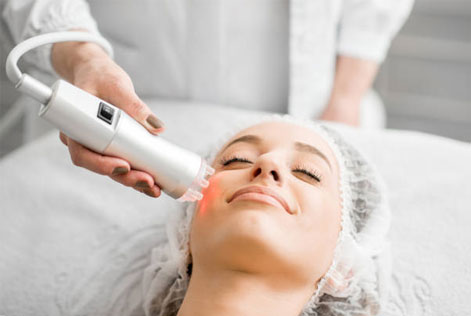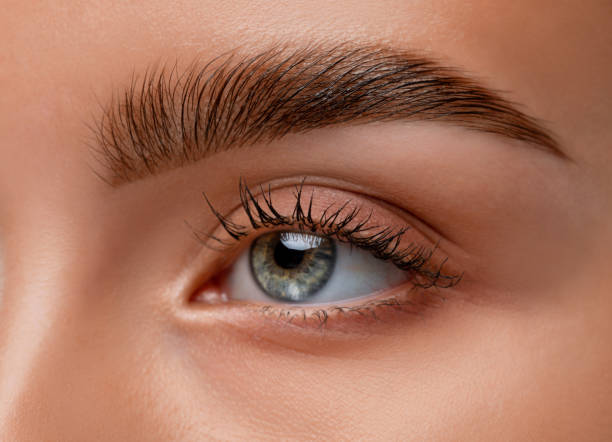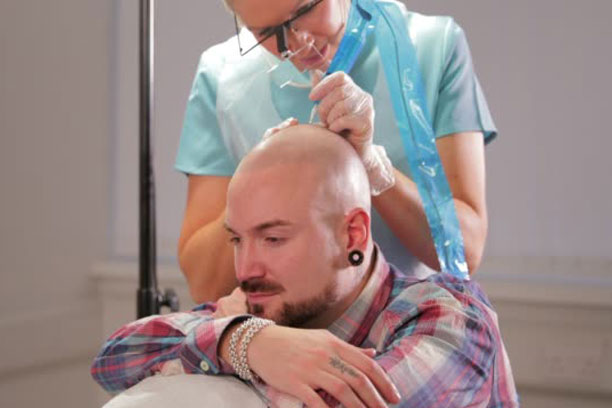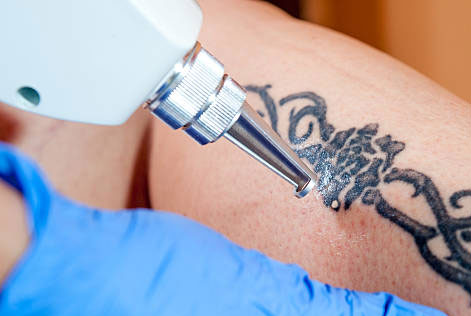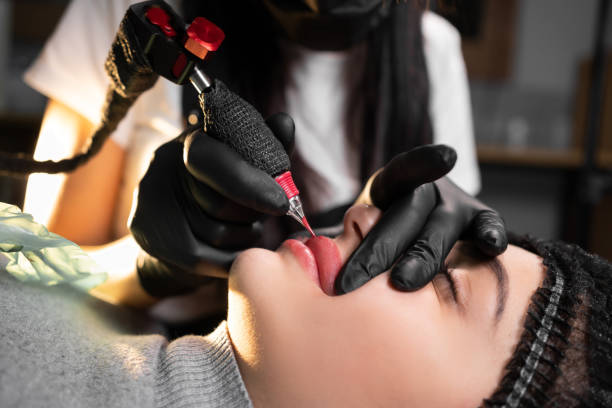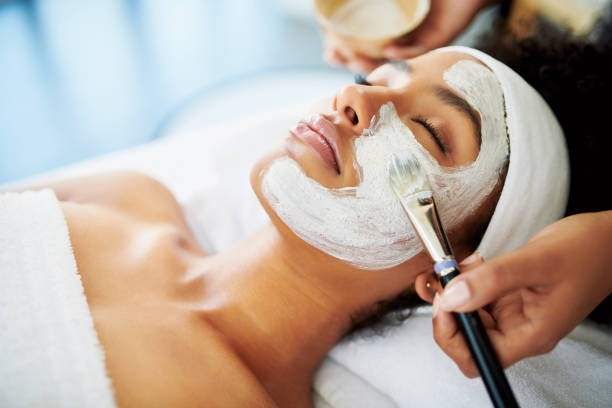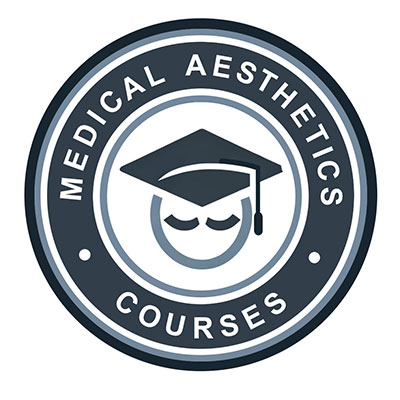
Introduction to Medical Aesthetics Courses
We offer ten intensive 1-2 day courses in Toronto & Thornhill
In today’s competitive healthcare industry, the demand for professionals skilled in medical aesthetics is steadily increasing. As a result, many individuals are turning to medical aesthetics courses to enhance their careers and capitalize on this growing field.
Offered by respected academies and institutions, these programs feature comprehensive curriculums designed to equip students with the crucial knowledge and skills needed for achievement in the medical aesthetics field.
Book Your Free Consultation Today Or Call (647) 560-9233
By providing your phone number you agree to receive informational text messages from laserskin.ca. Consent is not a condition of purchase. Message frequency will vary. Msg & data rates may apply. Reply HELP for help or STOP to cancel.
SAVE 15% WHEN YOU PRE-PAY ONLINE
| Courses | Locations | Price | Duration | Buy Now |
|---|---|---|---|---|
| Laser Tattoo Removal (Picosure) | Richmond Hill | $1997 | 1-day | |
| Laser Hair Removal (Elite iQ) | Toronto | $1997 | 1-day | |
| Laser Technician (Aerolase) | Both Locations | $1997 | 1-day | |
| RF Microneedling (Potenza) | Both Locations | $1997 | 1-day | |
| Electrolysis | Toronto | $1997 | 1-day | |
| Teeth Whitening | Toronto | $1997 | 1-day | |
| Microblading | Richmond Hill | $2877 | 2-days | |
| Scalp Micropigmentation | Richmond Hill | $3797 | 2-days | |
| Lip Blushing | Richmond Hill | $2897 | 2-days | |
| 2 Device Training | $2,497.00 | (1 day) | ||
| 3 Device Training | $2,997.00 | (2 days) | ||
| 4 Device Training | $3,497.00 | (2 days) | ||
| Chemical Peel Course | $1,997.00 | (1 day) |
For Picosure, Elite iQ, Aerolase, and Potenza
You can be trained on all 4 devices.
- $1997-1 Device Training (1 day)
- $2497-2 Device Training (1 day)
- $2997-3 Device Training (2 days)
- $3497-4 Device Training (2 days)
What are Medical Aesthetics Courses?
Medical aesthetics courses cover various topics and techniques to improve patient’s appearance through non-invasive and minimally invasive procedures. These courses typically include:
- Basics Techniques: Covering fundamental concepts and skills necessary for performing aesthetic procedures.
- Advanced Techniques: Exploring the latest advancements in medical aesthetics, including innovative treatments and technologies.
The Importance of Medical Aesthetics Courses
Medical aesthetics courses play a crucial role in preparing individuals for careers in the field. Here are some reasons why these courses are essential:
- Practical Application: Courses provide practical training and hands-on experience, enabling students to refine their skills with the support of seasoned instructors.
- Comprehensive Education: This curriculum covers theoretical components alongside practical skills, ensuring students have a thorough understanding of aesthetic procedures and patient care.
Types of Medical Aesthetics Courses
Medical aesthetics courses cater to various professionals and interests within the field. Here are some common types of courses available:
Course Type Description
- Non-Invasive Procedures
Focus on procedures such as cosmetic injectables and chemical peels.
- Minimally Invasive Procedures
Covering techniques like laser treatments and dermal fillers.
- Aesthetics Nursing Course
It is designed for nurses looking to specialize in medical aesthetics.
Training Opportunities by Profession
Professionals from diverse backgrounds can benefit from medical aesthetics courses. Here’s a breakdown of training opportunities by profession:
Profession Training Opportunities
- Physicians
Access to advanced techniques and the latest technologies.
- Nurses
Comprehensive education on patient care and safety.
- Dentists
Training in procedures like botulinum toxin injections.
- Medical Estheticians
Skill development in skincare and aesthetic treatments.
Benefits of Taking Medical Aesthetics Courses
The burgeoning field of medical aesthetics offers many benefits and opportunities for individuals looking to enhance their professional repertoire and venture into a rapidly expanding health industry sector. Medical aesthetics courses, provided by numerous academies and institutions across Canada. Comprehensive programs address various treatments and techniques, including Botulinum Toxin applications, dermal fillers, chemical peels, laser treatments, and light therapies, equipping graduates with an advanced skill set necessary for a successful career in medical aesthetics.
Enhanced Professional Skills
Embarking on a medical aesthetics course enriches participants with an expansive aesthetic toolbox, encompassing everything from basic techniques to the application of the latest technologies in skincare. Students gain hands-on experience in critical areas such as injection techniques, safety protocols, and client consultations. This practical training boosts confidence and competency, allowing medical professionals, including Dentists, Nurses, and Physicians, to expand their services and enhance patient care.
Expanding Career Opportunities
Completing a medical aesthetics course opens up a wealth of career opportunities. Graduates can access positions in clinics, private practices, and luxury spas or even embark on their entrepreneurial journey by starting their own business in the field of medical aesthetics. This path promises a rewarding career and provides a platform for professionals to utilize their creativity and advanced techniques in aesthetic treatments.
Increasing Demand in the Health Industry
The demand for medical aesthetics services has significantly increased, driven by a growing awareness of aesthetic treatments and advancements in non-invasive procedures. This trend underscores the importance of medical aesthetics education for healthcare professionals seeking to address the needs of a diverse clientele seeking safe, effective, and innovative treatments.
- Rising client demand for aesthetic procedures such as dermal fillers and Botulinum Toxin.
- Expansion of medical aesthetics into mainstream healthcare services.
What to Expect in a Medical Aesthetics Course
- Practical Learning and Demonstrations
Medical aesthetics programs prioritize a hands-on learning environment, allowing students to practice under the guidance of experienced trainers. Small class sizes ensure individual attention and a greater experience with practical applications, from conducting laser treatments to mastering the art of dermal fillers and neuromodulators.
- In-depth Theoretical Knowledge
In addition to practical skills, these courses offer an in-depth theoretical component that covers the basics and advanced principles of medical aesthetics. Topics include:
- Skin physiology.
- The science behind various aesthetic treatments.
- Critical thinking in client care and treatment planning.
- Modelling and Hands-on Practice
Students are allowed to work with real models under the supervision of a Medical Director, ensuring a great experience in applying their learned skills in a controlled, safe setting. This aspect of the training is crucial for building confidence and competence in performing aesthetic procedures.
Essentially, medical aesthetics courses are comprehensive training programs designed to arm individuals with the vital skills and knowledge required for success in the sector. These courses pave the way for numerous opportunities for career advancement and personal enrichment within the healthcare field.
Choosing the Right Medical Aesthetics Course
Choosing the right medical aesthetics course is pivotal for professionals aiming to enter or advance in medical aesthetics.
Given the industry’s fast-paced expansion and the growing need for competent practitioners, embarking on an educational path in this field demands meticulous attention to several key aspects, such as the program’s accreditation, its curriculum content, and the reputation of the educational institution.
Factors to Consider
When selecting a medical aesthetics course, it’s essential to evaluate the program’s comprehensiveness, the trainers’ experience level, and the balance between theoretical knowledge and practical training. Additionally, potential students should assess the course’s relevance to their career goals, the variety of treatments covered, and the opportunity for hands-on practice.
Accreditation and Certification
Accreditation and certification are vital markers of a program’s excellence and recognition in the medical community. Accredited courses meet rigorous standards set by recognized organizations, ensuring that graduates are well-prepared to provide safe and effective aesthetic treatments. Certification from a reputable program also significantly enhances a practitioner’s credibility and marketability.
Tips for Succeeding in Medical Aesthetics Courses
- Strengthening Your Foundation
A strong foundation in basic medical knowledge is essential for success in medical aesthetics. Students should have a solid understanding of anatomy, physiology, and dermatology principles to excel in advanced courses.
- Staying Updated With Cutting-Edge Techniques
The field of medical aesthetics is continually evolving, with new treatments and technologies emerging regularly.
Practitioners must keep pace with the latest trends and innovations to stay competitive and offer superior care to their patients.
- Practicing Skills Regularly
Regular practice is key to mastering the practical skills required in medical aesthetics. Hands-on training sessions, workshops, and seminars provide valuable opportunities to refine techniques and build confidence in performing procedures.
Ways to Apply Knowledge from Medical Aesthetics Courses
In healthcare and beauty, medical aesthetics has emerged as a field of interest for many professionals seeking to enhance their career prospects and skill sets. Offered at numerous academies and locations, particularly in Canada, medical aesthetics courses deliver in-depth programs that furnish individuals with the skills required to thrive in this vibrant field. These courses cover various treatments and techniques, including laser treatments, chemical peels, dermal fillers, and Botulinum Toxin applications, catering to the growing demand for non-invasive aesthetic procedures.
Comprehensive Programs and Hands-on Training
Medical aesthetics programs emphasize a balance between theoretical knowledge and practical applications. Students engage in hands-on training sessions, gaining experience with the latest technologies and advanced techniques in treatments such as hyaluronic acid-based fillers and laser skin rejuvenation. This practical approach ensures that graduates are competent in performing treatments and confident in their ability to address patients’ concerns and achieve desired outcomes.
The Importance of Accreditation and Experienced Trainers
Accreditation plays a crucial role in medical aesthetics education, signaling that a program meets high standards for quality and safety. Accredited courses are led by experienced trainers, including Medical Directors, Physicians, Nurse Practitioners, and Medical Aestheticians, who provide insights based on years of experience in clinical settings. This guidance is invaluable for students navigating the complexities of aesthetic treatments and patient care.
Career Opportunities and Continuing Education
Graduates of medical aesthetics courses find a plethora of career opportunities awaiting them. From working in clinics and med-spas to opening their businesses, the skills acquired during their education open doors to rewarding careers.
Moreover, the field’s continuous evolution necessitates that practitioners commit to ongoing education and keep abreast of the newest treatments and safety measures, guaranteeing the utmost standard of care for patients.
- Expanding Career Opportunities:
A survey of graduates shows a significant increase in employment opportunities within six months of completing a medical aesthetics course.
- Continuing Education and Advanced Courses:
Advanced courses, such as Dermal Filler Training and Neuromodulator Application, allow practitioners to further their expertise and offer a broader range of treatments.
Addressing the Demand in the Health Industry
The increasing demand for medical aesthetics services underscores the importance of well-trained professionals in the health industry. By providing comprehensive education and practical training, medical aesthetics courses prepare individuals to meet this demand, ensuring patients receive safe, effective, high-quality care.
Conclusion
In conclusion, medical aesthetics courses offer a pathway to a fulfilling career in a field where art meets science. By focusing on hands-on experience, accreditation, and the guidance of experienced professionals, these programs equip graduates with a robust skillset and the confidence to succeed in the ever-evolving world of medical aesthetics.

